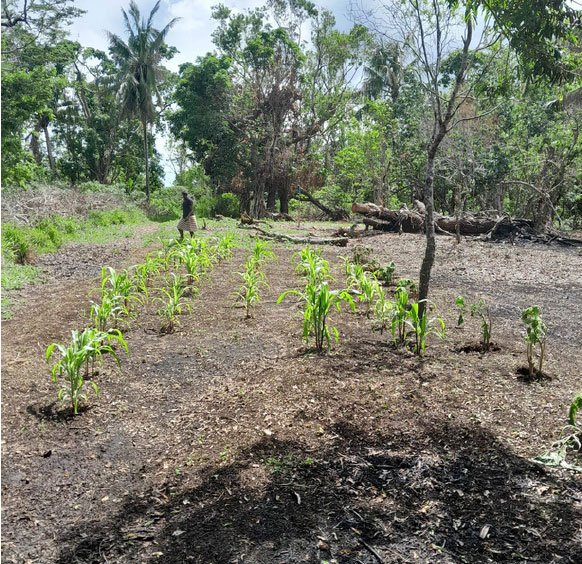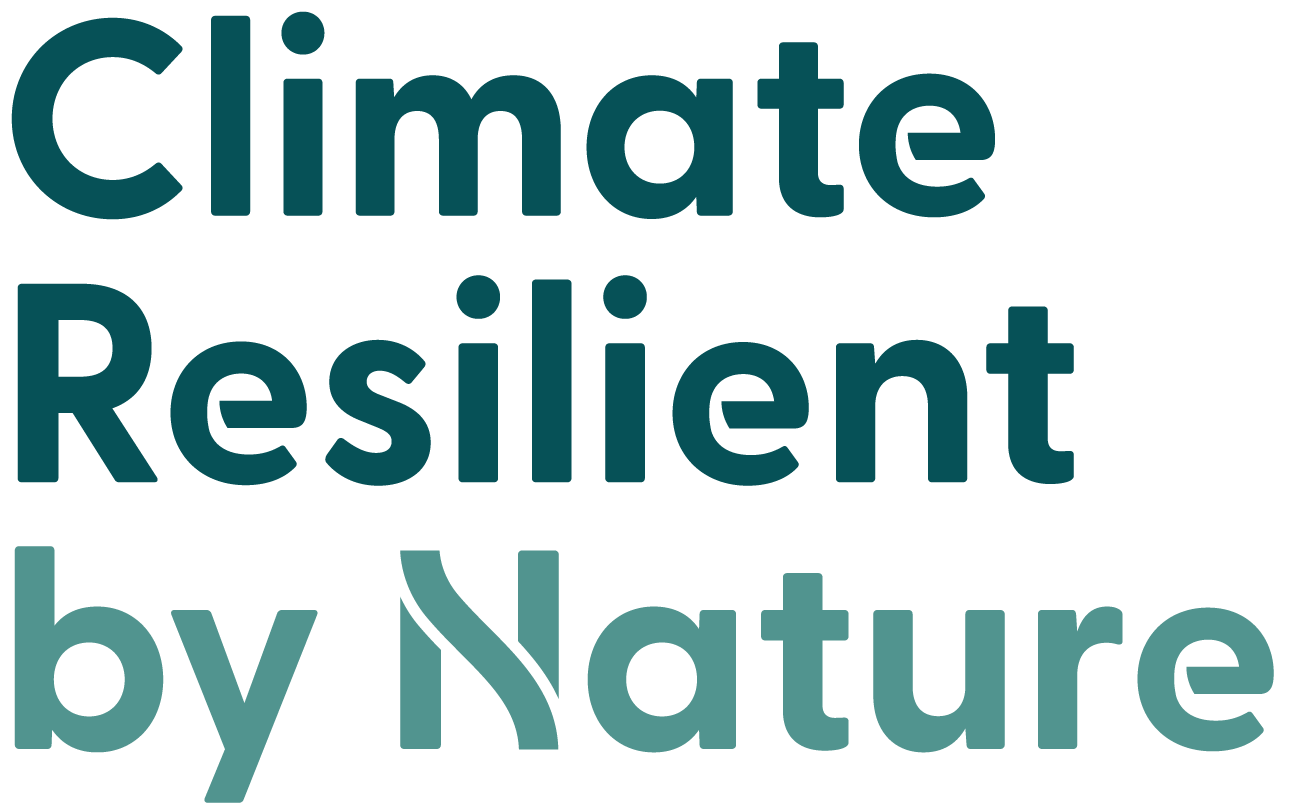
Ni-Vanuatu Women Leading Solutions to Climate Change
Supporting to lead agroecology solutions to protect forest and grasslands on Erromango and Tanna Islands in Vanuatu.
Crops growing in demonstration plots in South Erromango, Vanuatu © ActionAid
Project summary
The impacts of successive cyclones and climate-related disasters in Vanuatu are disproportionately felt by Ni-Vanuatu women who according to ActionAid’s Community Resilience Index have lower resilience than men due to a range of economic and institutional factors. Further, despite playing an important role in natural resource management, and holding great knowledge of this, women have limited control over resources and are often marginalised by political institutions, including local governance when it comes to decision-making.
The Ni-Vanuatu Women Leading Solutions to Climate Change project will focus on empowering 1,000 women, including women with disabilities, to lead climate resilient agroecology solutions. This includes stabilising slopes, riverbanks and seafronts on the islands of Tanna and Erramango in Tafea Province. Target areas consist of upland farms affected by soil erosion as well as poor soil nutrition, along with coconut and banana plantations in low lying coastal areas impacted by disasters, particularly Cyclone Pam and climate change.
With climate change and increasing unsustainable harvesting practices impacting livelihoods, nature-based solutions open up new and diversified opportunities. Demonstration plots will be established to support the propagation, planting and management of suitable climate-resilient crops, nurseries and seedlings. Through the planting of vetiver grass and new crop varieties that are more climate-resilient and marketable, livelihoods and food security will be improved, and ecosystems restored. The Women I TokTok Tugeta network (WITTT) will also take this knowledge back to their communities. This will enable more women to play a role in the protection of forests and grasslands and indirectly marine environments by preventing erosion, preserving biodiversity in soil biota and vegetation and ensuring more carbon storage in vegetation and soils. This will help build the resilience of communities and improve food security before and during times of disaster.
This project is funded under Component 2 of Climate Resilient by Nature (CRxN) via the Pacific Nature-Based Solutions Challenge.
Our approach
Improving resilience of food systems to disaster and diversifying food sources.
Enhancing livelihoods through the sales of diversified foods.
Reducing erosion and risk of landslide.
Achievements
19 hectares under conservation management.
150 people involved in new or enhanced livelihoods.
1,000 women involved in nature-based solutions.
Improved recognition of role of women in environmental management including granting of land to women for their agroecology activities.
